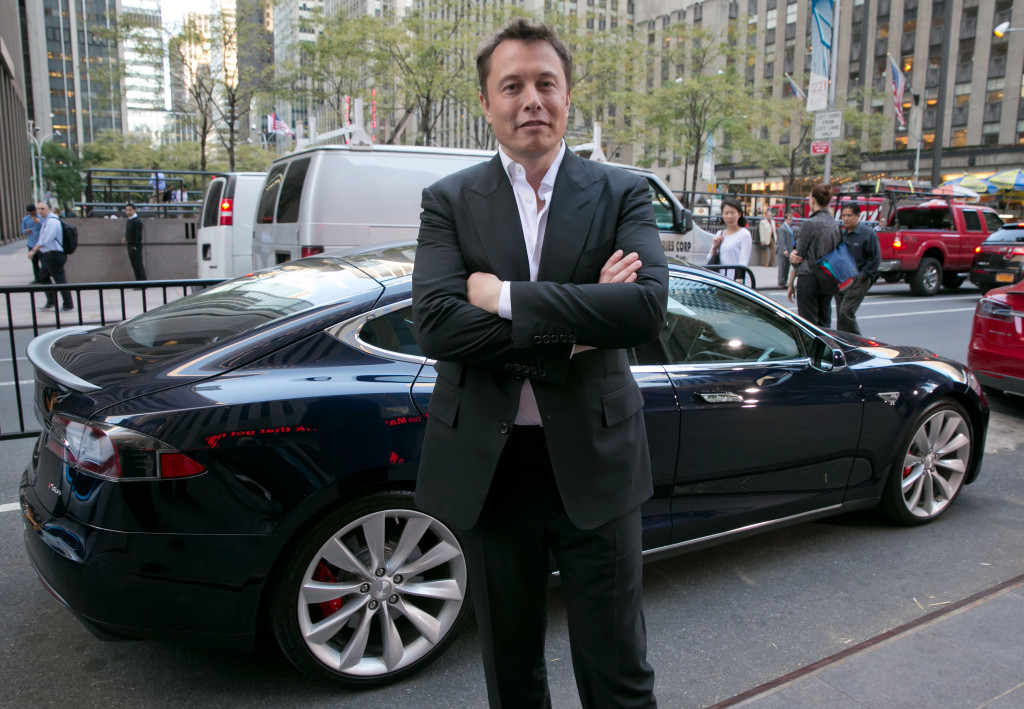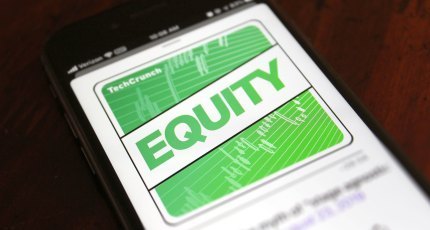Tesla is synonymous with its world-famous CEO, Elon Musk. Now the question is whether the electric-car company — which is already facing many different challenges — can survive without him.
And can the billionaire entrepreneur, whose public image and personal wealth are deeply intertwined with the company, survive without Tesla?
Thursday, the SEC announced it wants to ban Musk from running Tesla, or any other publicly traded company, alleging in a lawsuit that he misled investors and the public when he tweeted in August that he had secured funding to take the company private. The company’s shares sunk nearly 14 percent Friday to $264.77.
Nevertheless, analysts are saying it is entirely possible for the Palo Alto company to go on without Musk — even as some of them changed their ratings and lowered their price targets. But Tesla would not be the same without him, they agree.
“Musk’s presence is why the stock trades at lofty multiples,” Garrett Nelson, a Tesla analyst with investment company CFRA, said in an interview Friday. “The closest analogy I can make is with Apple and Steve Jobs. What would Apple have become without him 10 to 15 years ago?”
Tesla would not have become what it is today without Musk, that’s for sure. Besides deciding that it was time for electric cars to come to the masses and building an American car company to bring that goal to fruition, he brought Tesla back from the brink of death a decade ago by combining money from government contracts to his other company, SpaceX; existing Tesla investors; and others.
At this year’s South by Southwest conference, Musk recounted how harrowing 2008 was, which according to his biography also was the year his personal finances dwindled to his last millions and he got divorced: “SpaceX is alive by the skin of its teeth, and so is Tesla — if things had just gone a little differently, both companies would be dead.”
Musk is in this unique situation — it is not unprecedented, but it is rare for the Securities and Exchange Commission to ban executives from running public companies — because of his “strong personality,” as Kelley Blue Book publisher Karl Brauer explained in an interview Friday.
Then again, Musk’s personality and sheer will helped Tesla lead the way to an electric-vehicle future. Now other automakers are rolling out their electric vehicles. “BMW, Audi, Jaguar… (Tesla is) facing increased competition over the next few years,” Nelson said. This means Musk’s troubles with regulators and the law — he also may be facing a criminal investigation by the Department of Justice — couldn’t have come at a worse time.
Besides the competition it faces, Tesla has challenges within.
“If this (Musk) problem were solved this afternoon, there’d be plenty of others,” Brauer said. “This is a massive distraction for a company that already had plenty to do.”
A big item on the to-do list: The production and delivery of Model 3, its newest and most affordable vehicle, which has been fraught with delays and problems.
“It’s about the production of the 3, getting it out there and making it profitable,” said auto analyst Efraim Levy in an interview Friday. “That’s key to the company’s survival without Elon Musk.”
Levy believes there’s a team in place that can keep the company going even if Musk were not at the helm, despite the company’s lack of a chief operating officer or a clear No. 2, or the departures dozens of executives and managers in the past couple of years.
Besides, Tesla fans are loyal. “We’ve seen for years how patient the brand’s fans are,” Levy said.
No matter how strong the brand is, though, the uncertainty surrounding the 15-year-old company’s leadership could keep weighing on its shares. CFRA, for example, downgraded its rating from hold to sell Friday morning, and lowered its 12-month price target from $265 to $225.
Nelson, the CFRA analyst, said he thought Musk missed an opportunity by not accepting a reported settlement offer from the SEC that would have allowed him to admit no guilt and remain CEO of Tesla. According to a couple of media reports, Musk pulled out of the deal Thursday morning because he believed there would be a stigma associated settling the case.
The proposed SEC settlement, which a SEC spokeswoman would not confirm Friday, also reportedly called for two new board members and would have barred Musk from serving as chairman for two years.
Investors had been concerned about corporate governance, Nelson said. “(Musk) was tweeting, doing podcasts,” he said. “He needs to be 100 percent focused on delivering.”
Tesla has not returned repeated requests for comment. But Thursday night, the board released this statement: “Tesla and the board of directors are fully confident in Elon, his integrity, and his leadership of the company, which has resulted in the most successful U.S. auto company in over a century.”
Now, analysts agree, further losses in its shares and market value could open up the company to becoming an acquisition target. Among the companies they mentioned as potential buyers: Apple, Baidu, Tencent, Mercedes or General Motors.
How would Musk — Tesla’s chief evangelist, PR department, chairman and CEO all rolled into one — deal with losing control of his company, or seeing it sold?
“I’m not a psychologist, but I would imagine he would feel a deep void,” Levy said. “We see how emotional he gets already. It would be like being separated from his baby, that’s how powerful it would be.”










